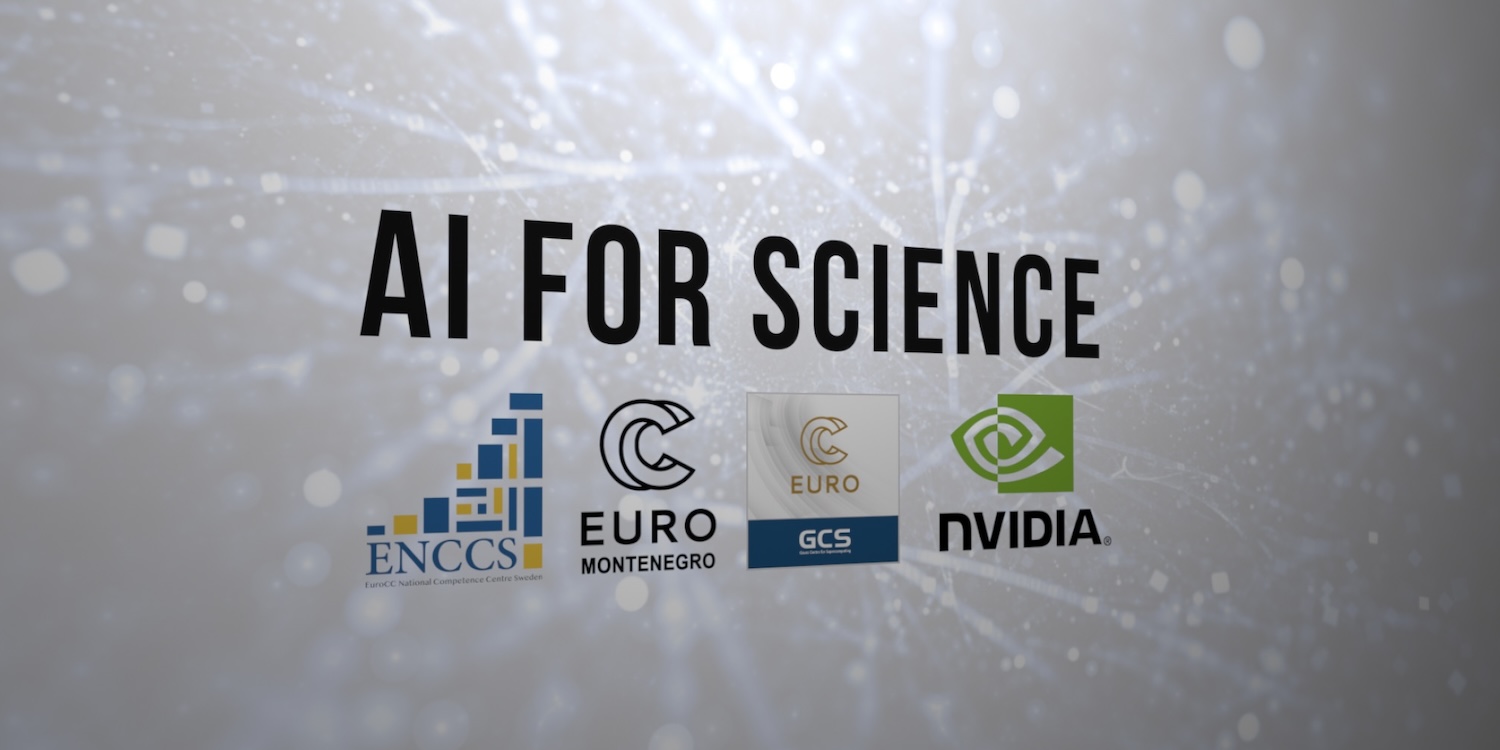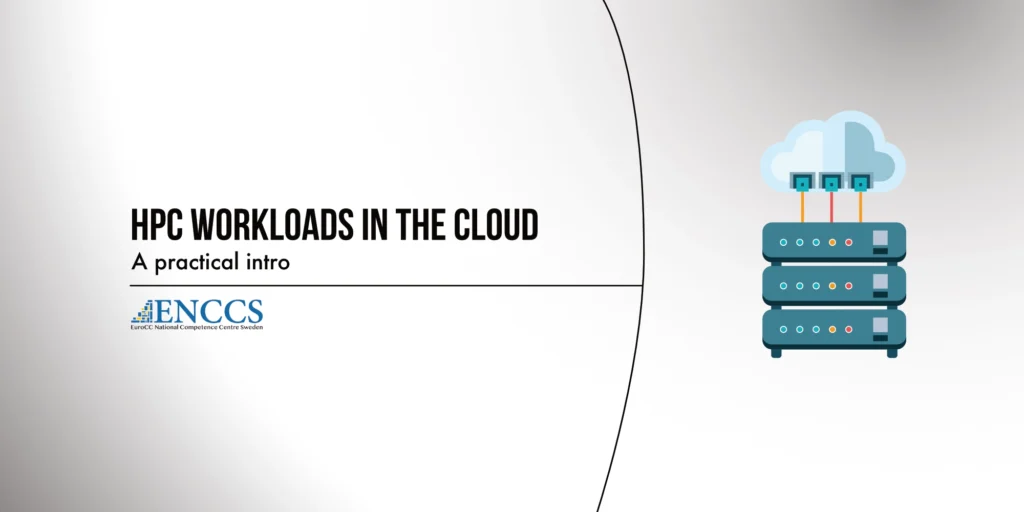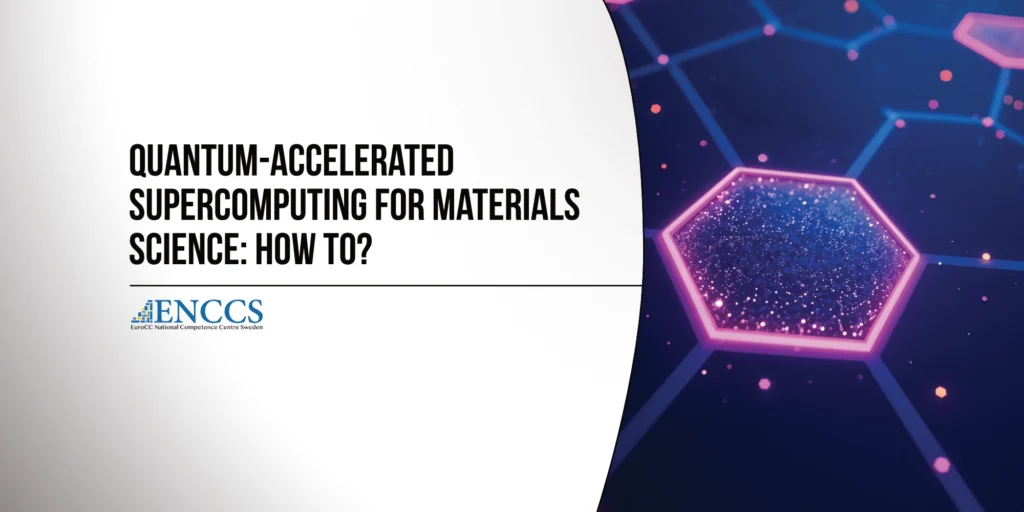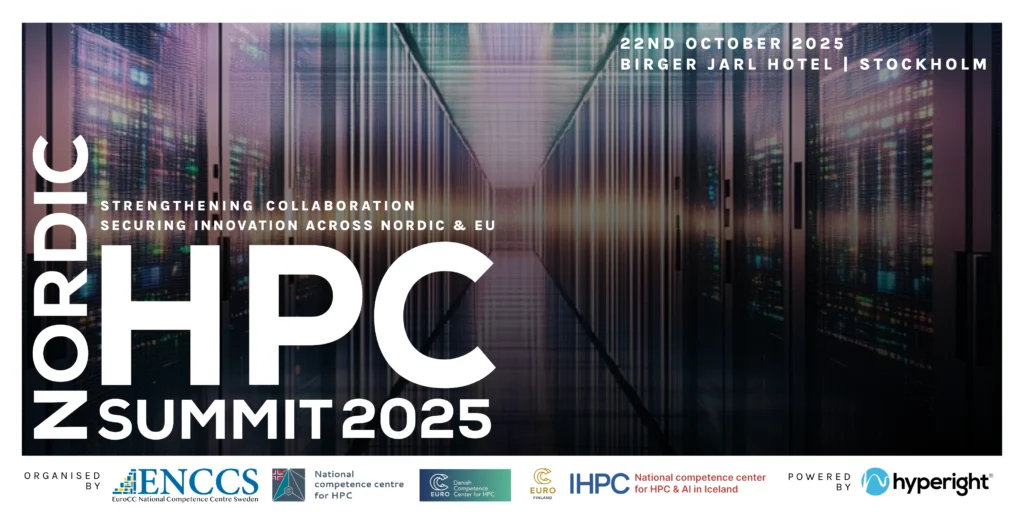
- This event has passed.
AI for Science Bootcamp
25 Jun 2024 • 09:00 – 26 Jun 2024 • 12:30 CEST

Summary
How can one use AI and especially deep learning in differential equations in order to train modells of physical systems?
The AI for Science Bootcamp provides a step-by-step overview of the fundamentals of deep neural networks and walks attendees through the hands-on experience of building and improving deep learning models for applications related to scientific computing and physical systems defined by differential equations.
The material will cover more advanced topics, such as physics-informed neural networks (PINNs) and operator learning and make use of tools like NVIDIA Modulus to develop and train the models. Furthermore, this online bootcamp is a hands-on learning experience where we will guide you through step-by-step instructions with teaching assistants on hand to help throughout.
Prerequisites
- Basic experience with Python and PyTorch.
- We recommend basic knowledge of neural networks.
- No GPU programming experience is required
Disclaimer
Due to EuroCC2 regulations, we cannot except generic or private email addresses. Please use your official university or company email address.
This training is intended for users established in the European Union or a country associated with Horizon 2020. You can read more about the countries associated with Horizon2020 here https://ec.europa.eu/info/research-and-innovation/statistics/framework-programme-facts-and-figures/horizon-2020-country-profiles_e
Computing resources
Attendees will have the opportunity to access a GPU cluster for the duration of the bootcamp.
Agenda
Monday 24 June 2024
| Time (CET) | Topic |
|---|---|
| 11:00–12:00 | Cluster Dry Run Session |
Tuesday 25 June 2024
| Time (CET) | Topic |
|---|---|
| 09:00–09:15 | Welcome |
| 09:15–09:30 | Connecting to a cluster |
| 10:00–12:00 | Physics-Informed approach to an AI for Scientific application (Lecture and Lab) • Lab 1: Simulating Projectile Motion • Lab 2: Steady State Diffusion in a Composite Bar using PINNs |
| 12:00-12:30 | Wrap up and Q&A |
| 12:30-13:30 | LLM Projects Discussion (Optional) |
Wednesday 26 June 2024
| Time (CET) | Topic |
|---|---|
| 09:00–10:30 | Physics-Informed approach to an AI for Scientific application (Lecture and Lab) • Lab 3: Forecasting weather using Navier-Stokes PDE • Lab 4: Spring mass problem – Solving transient problems and inverse problems (Optional) |
| 10:30–12:15 | Data-driven approach to an AI for Scientific application. (Lecture and Lab) • Lab 1 : Solving the Darcy-Flow problem using FNO • Lab 2: Solving the Darcy-Flow problem using AFNO • Lab 3: Forecasting weather using FourCastNet |
| 12:15–12:30 | Wrap up and Q&A |
| 12:30-13:30 | LLM Projects Discussion (Optional) |
Organisers
The organisers of the AI for Science Bootcamp are ENCCS, the High-Performance Computing Center Stuttgart (HLRS), Jülich Supercomputing Centre (JSC), Leibniz Supercomputing Centre (LRZ), Vienna Scientific Cluster (VSC), University of Donja Gorica, OpenACC organization, and NVIDIA for EuroCC Austria, EuroCC@GCS, EuroCC Montenegro, and EuroCC Sweden, all National Competence Centres for High-Performance Computing.
Registration
Please register using this link https://www.openhackathons.org/s/siteevent/a0C5e000008AbEaEAK/se000315
Application Deadline:May 14, 2024










